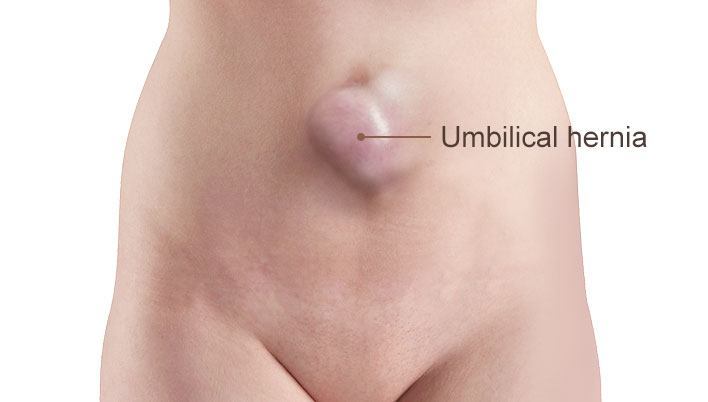
Umbilical (paraumbilical) hernia is the bulge that forms near the navel or belly button, when a part of the intestine, fat or fluid is pushed out through a weakened muscle of the abdomen.
Mr. Abhay Chopada a laparoscopic general and colorectal consultant specialises in the management and treatment of different kinds of hernias including umbilical hernia. As one of UK’s Top Surgical Gastroenterologists, is well known for his expertise in this field.
A hernia is a bulge that has formed when the internal organs of the body push through a weak spot in the abdominal wall.

Umbilical (paraumbilical) hernia is the bulge that forms near the navel or belly button, when a part of the intestine, fat or fluid is pushed out through a weakened muscle of the abdomen. Umbilical hernia can be found in both children and adults.
It is commonly caused in infants and young children, especially in premature babies. The umbilical cord passes through a small muscular opening in the baby’s abdomen during pregnancy. Sometimes, the muscles of the umbilical opening fail to close completely after birth. This leads to a weak spot near the navel, which allows internal organs of the abdomen to push through it.
People with various health issues that can put pressure on the abdomen, such as being overweight, multiple pregnancies, having ascites (excessive fluid in the belly), are prone to developing an umbilical hernia. Other situations such as lifting heavy objects, strain on the abdominal muscles during constipation or coughing, and having a large prostate gland may cause umbilical hernia.